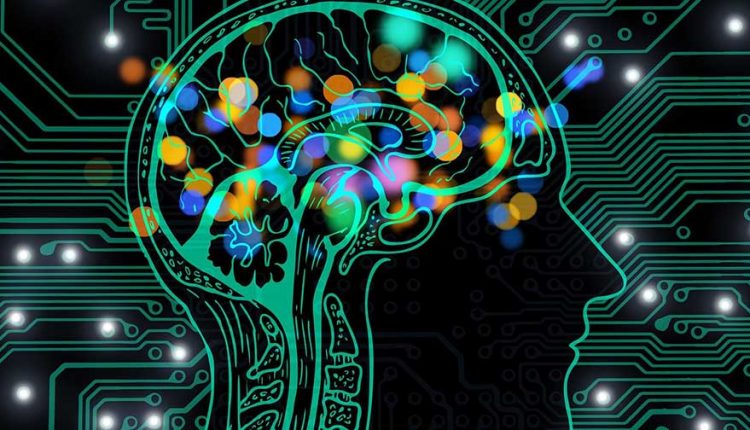Riiid Labs has announced the successful conclusion of its first-ever global Artificial Intelligence Education (AIEd) Challenge, created to accelerate innovation in education by building a better and more equitable learning model for students around the world.
Teams from Korea, Japan and Spain won the top three places, receiving $50,000, $30,000, and $10,000, respectively, of the $100,000 prize pool. The 4th and 5th place teams each received $5,000.
The challenge was carried out on Google’s Kaggle platform, an online community of data scientists and machine learning practitioners. Kaggle allows users to enter competitions to solve data science challenges.
Riiid’s AIEd Challenge attracted 3,395 teams from 90 countries, the most of any 2020 Kaggle algorithm competition hosted by a business entity. Among the participants in those teams were 52 of Kaggle’s 270 Grandmasters, the highest rank for Kaggle competitors based on past performance. In comparison, 2020 competitions averaged 25 Grandmasters. Furthermore, 20 of the top 100 Kaggle ranked competitors participated in the AIEd challenge.
The top three prize-winning teams will present their models at the AAAI-2021 Workshop on AI Education: Imagining Post-COVID Education with AI, hosted and organized by researchers at Riiid and to be held virtually on February 9.
“The great success of the inaugural Riiid AIEd Challenge demonstrates us that Riiid is leading the change in the education industry,” said YJ Jang, founder and CEO of Riiid. “The Challenge pioneered top-tier AI researchers around the world to be actively engaged in AIEd and we are very grateful that Riiid opened that possibility. At Riiid, we will continue to lead and define the future of AIEd based on our strong technological advancement and leadership.”
“The Riiid AIEd Challenge was greatly successful for a number of reasons,” said Addison Howard, Program Manager at Kaggle. “Not only did it present a well-organized problem in a growing industry, which is instantly attractive to anyone hoping to practice and exercise their data science abilities, but almost every data scientist can relate to the problem: what is it like to study for a test? When that story has been captured in a problem to help expand the education of students across the world, it’s hard not to jump in and want to provide insights.”
And the participants survey following the competition indicates a growing interest in the field of education among the world’s top AI researchers. While more than 50 percent of respondents stated they had a very little knowledge of possible applications of AIEd before the challenge, 81 percent believed that the competition made each participant interested in the field of AIEd.
Many praised the competition being ‘well-engineered,’ ‘interesting,’ and more than 90% would be interested in participating in the second edition of AIEd Challenge. In addition, the participants gave high satisfactory scores regarding the challenge task, evaluation metric, and data quality. Specifically, more than 80% of the people surveyed gave a score of eight or more out of a maximum possible ten for the overall quality of the data.
Indication of enhanced interest in AIEd was also evident as Challenge participants recommended the next Challenge tackle tasks such as student concentration analyses and user churn rate or regression related to content attribution to each user for an optimal learning experience.
By giving leading researchers and scientists access to the world’s largest hierarchical education dataset – EdNet, comprised of more than 130 million interactions between more than 780,000 students from Riiid’s AI tutor solution – the Riiid AIEd Challenge is meant to reward the kind of innovation in AI education that ImageNet did in computer vision. This year’s challenge asked competitors to create algorithms for ‘Knowledge Tracing’, the modeling of student knowledge over time. The goal was to accurately predict how students will perform on future interactions using Riiid’s EdNet data.
“Riiid’s inaugural AIEd data challenge has come to a successful close and we met our goal of attracting diverse global talent to compete in the Challenge,” said Jim Larimore, Chief Officer for Equity in Learning at Riiid Labs and Challenge Chair. “By having such a diverse group of the best AI minds in the world focused on the improvement of AI-enabled education, I truly believe the Challenge will be catalyst for designing a new paradigm for education in the post-COVID era.”
Riiid Labs partnered with some of the world’s most renowned academics and leading learning organizations to support the competition, including Paul Kim, Chief Technology Officer and Assistant Dean of the Graduate School of Education at Stanford University, and Neil Heffernan, a professor of computer science at Worcester Polytechnic Institute, a leader in the field of educational data mining. Institutional and corporate partners include Ad Astra, Global ATP, Dxtera Institute, Edmentum, Kaplan, Reboot Representation, SocialTech.ai, The Learning Agency, and more.
Riiid, based in Korea, offers Santa, a mobile test prep application for the popular English proficiency exam, Test of English for International Communication (TOEIC). Santa has been used by more than two million students in Korea and Japan, and has reached No. 1 in sales among education applications in Japan and Korea. Riiid’s AI technology analyzes student data and content, predicts scores and user behavior, and recommends personalized study plans in real-time to help students optimize their learning potential.
Santa has proven the efficacy of Riiid’s technology and the company is now focused on providing back-end solutions for companies, school districts and education ministries around the world for a wide range of new learning applications.

